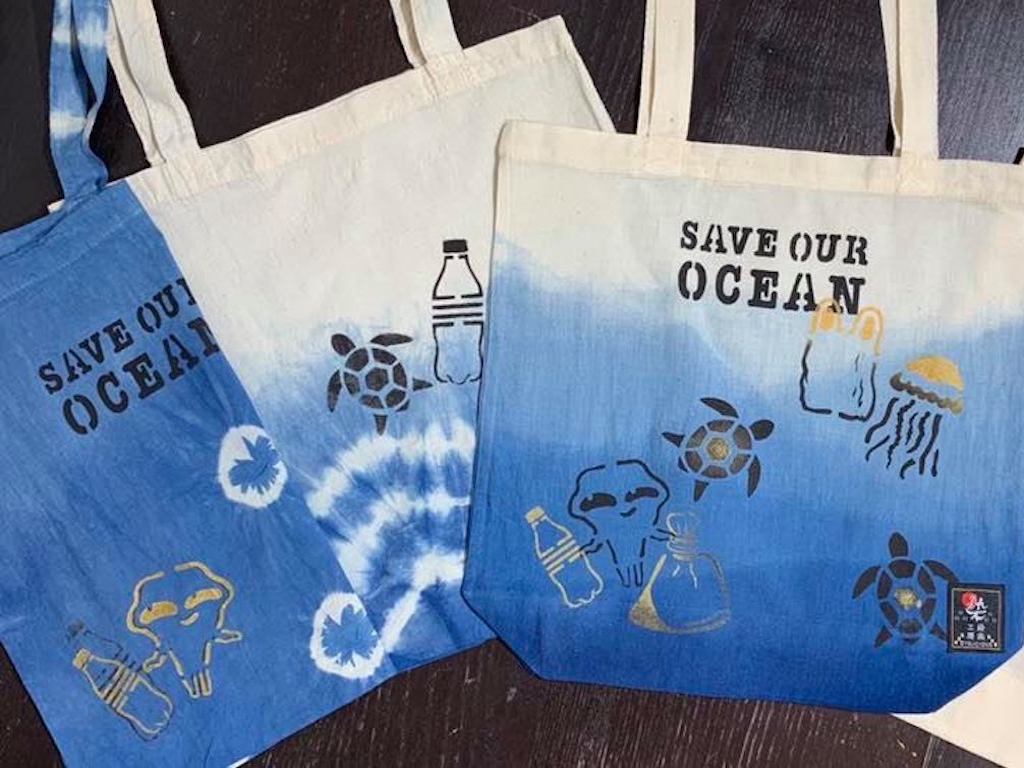2 Mins Read
One of the biggest problems facing Hong Kong is food waste. Our landfills are not only overflowing with un-biodegradable single-use plastics and other un-recyclable items, but are also toppled with uneaten food. According to Friends of the Earth, up to 40 percent of the city’s food goes in the trash, creating an estimated 3500 tonnes of food waste each day.
Hong Kong-based social enterprise Dyelicious is taking action to tackle the city’s food waste problem by turning it into colourful dyes. Since 2017, Dyelicious has held nearly 900 workshops, attracted 10,000 participants and used up an estimated 700 tonnes of food waste that would have ended up dumped in Hong Kong’s landfills. Last month, the organisation hosted child-friendly workshops to teach people how to style clothes, scarves, hats and bags with dyes made from leftover foods such as coffee, red cabbage, sweet potato and ginger.
This is a part of a wider circular economy trend among Hong Kong’s social enterprises that aim to make a positive impact by reusing and transforming wasted resources. Hong Kong Community Composting (HKCC), for instance, turns food scraps that are given to its drop-off bins into mulch in a processing facility. The HKCC also holds composting workshops to educate the population about cutting down on food waste, and has plans to expand its city-wide collection scheme.
Food waste isn’t just a problem for Hong Kong: it is a global problem. According to the United Nations Environment Program (UNEP), around a third of all the world’s food produced for human consumption is wasted annually.
The statistic that an overwhelming 1.3 billion tonnes of food is wasted every single year means that we have to make changes to our currently unsustainable lifestyles. Alongside organisations like Dyelicious who think up creative ways to reuse waste, there are also simply everyday measures we can individually take. We can start by buying only what we need for our household supplies, and avoid over-ordering at restaurants.
Lead image courtesy of Dyelicious Facebook.




